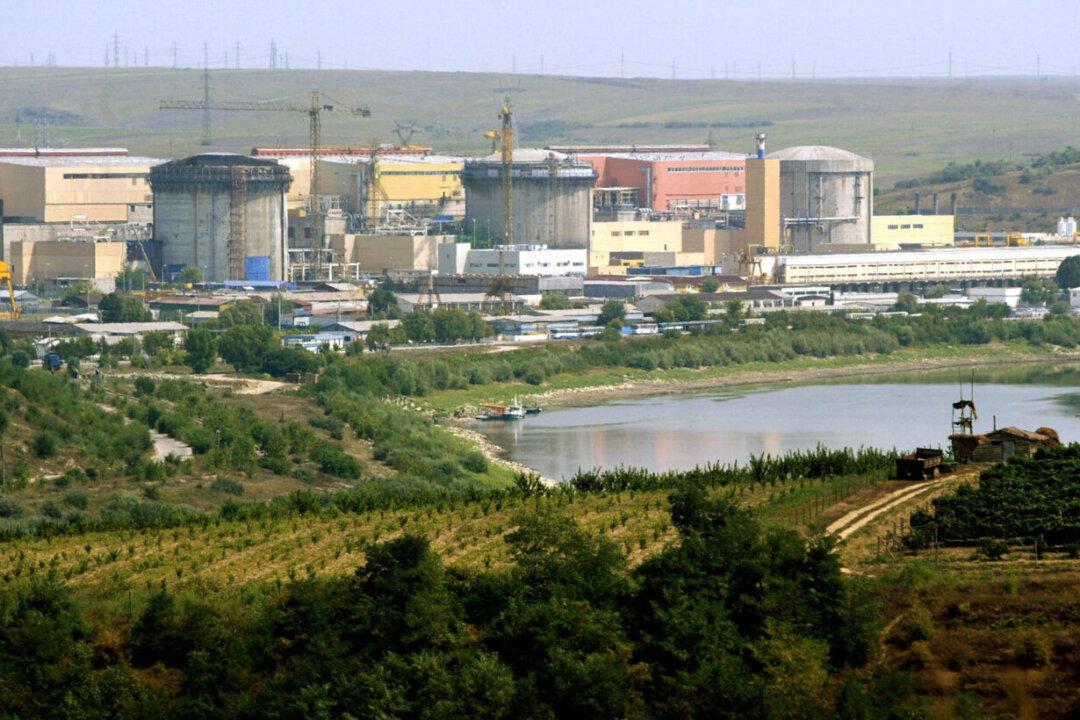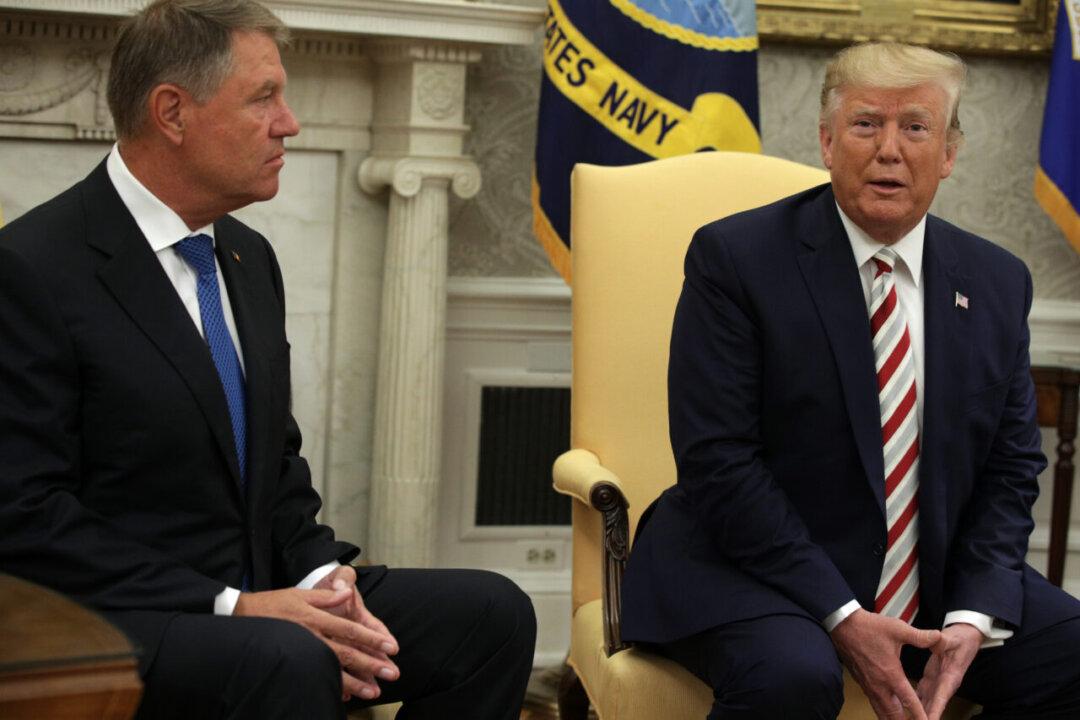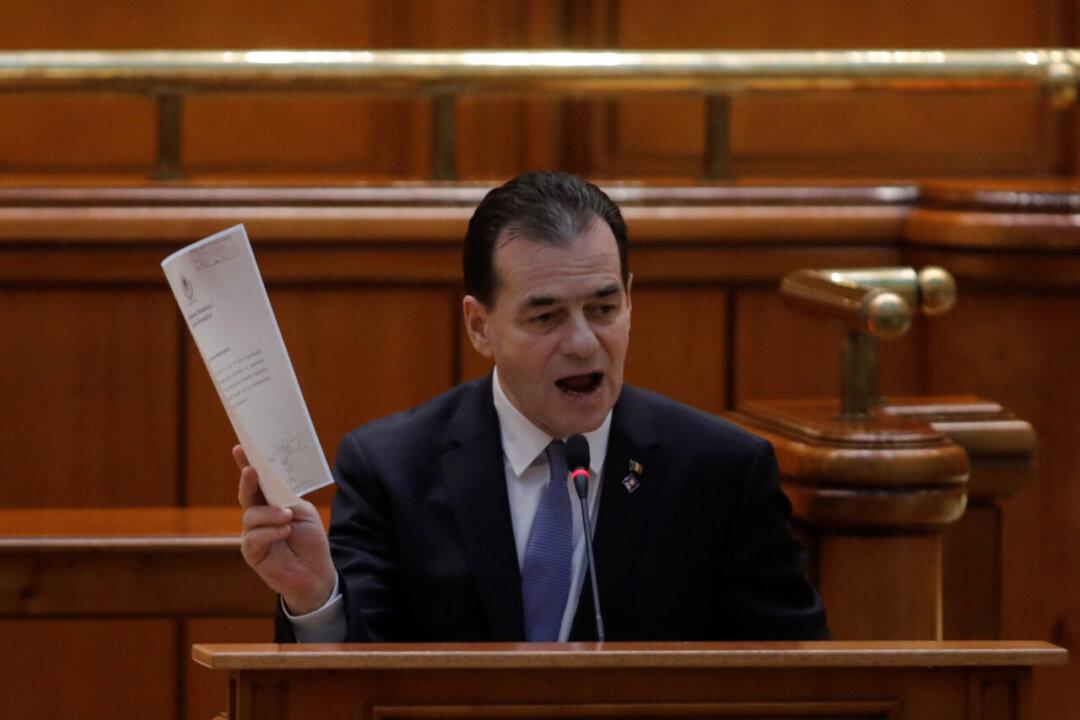The Romanian government expressed its concern over Romania’s 5-year-old partnership with a Chinese company, China General Nuclear Power Group (CGN), to build two new 700-megawatt reactors at the country’s nuclear power plant in Cernavoda. CGN has been accused of espionage and blacklisted by the United States.
“It’s obvious to me that the deal with the Chinese won’t work … We will see with which partner we’ll associate to [build reactors]. It is about partnering and financing,” Romania’s Prime Minister Ludovic Orban told Hot News, in a video interview on Jan. 19, referring to Romania’s deal with CGN. Orban added that all of Romania’s energy deals will, from now on, depend on the European Green Deal.



